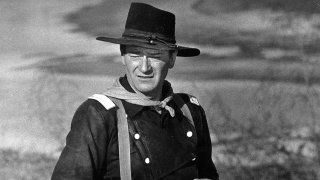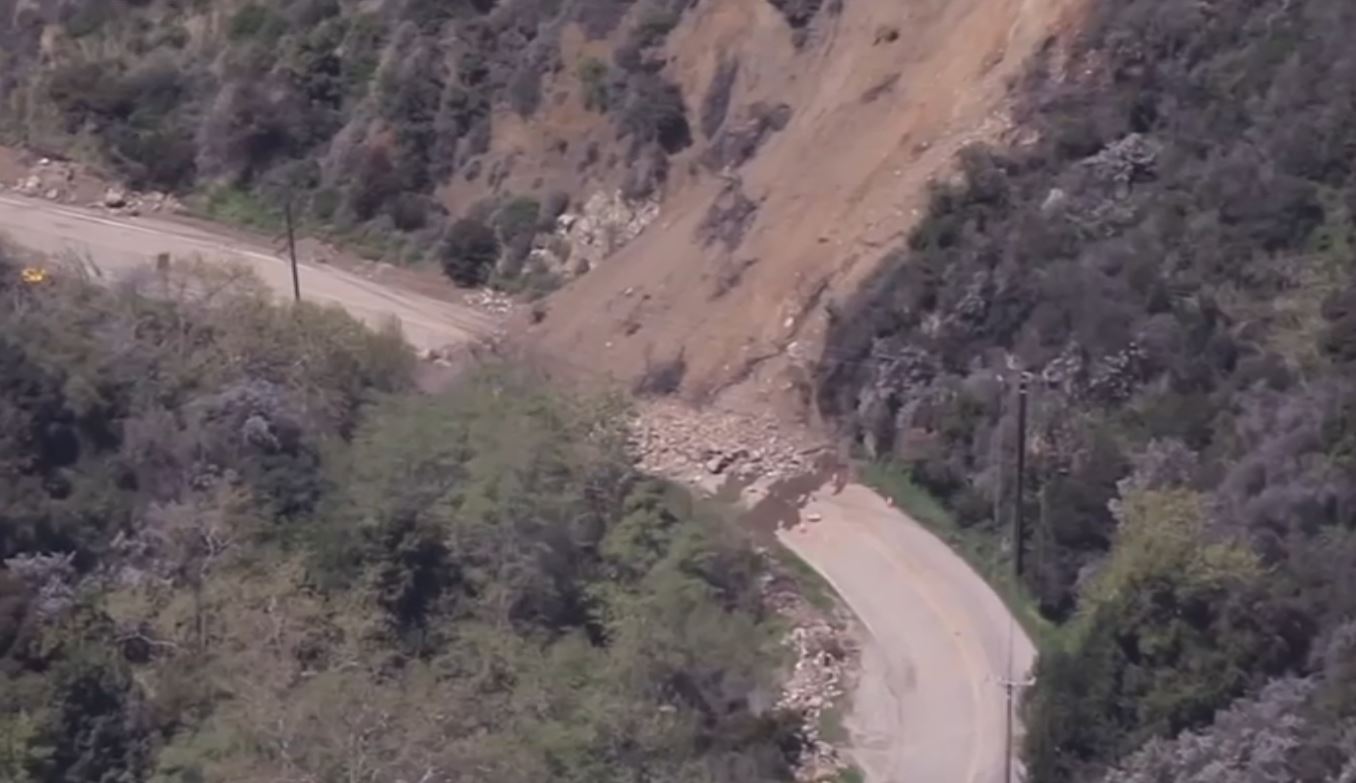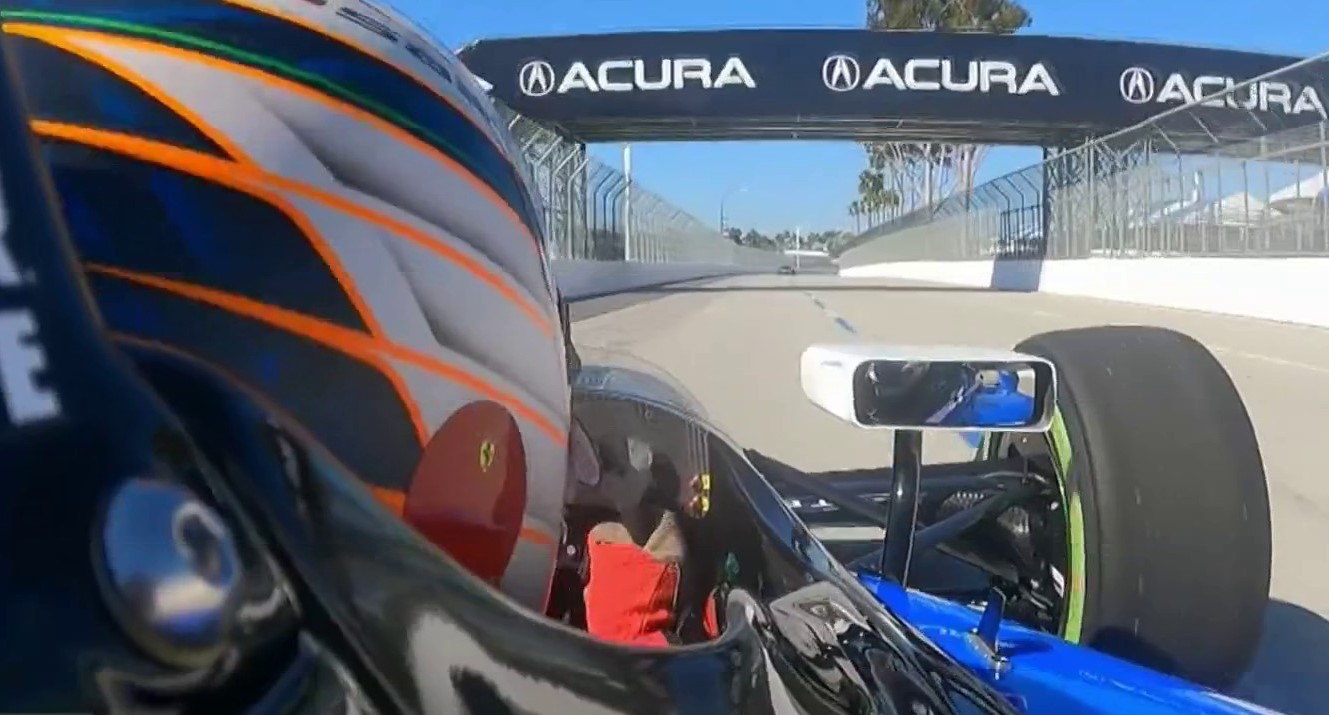
A John Wayne exhibit will be removed from the USC School of Cinematic Arts amid renewed scrutiny of racist comments made by the late actor and former Trojan, the school's assistant dean announced Friday.
"Conversations about systemic racism in our cultural institutions along with the recent global, civil uprising by the Black Lives Matter movement require that we consider the role our school can play as a change-maker in promoting antiracist cultural values and experiences," the school's assistant dean of diversity and inclusion, Evan Hughes, wrote in the announcement.
"Therefore, it has been decided that the Wayne exhibit will be removed."
According to Hughes, materials in the exhibit will be moved into the Cinematic Arts Library, "where other artifacts and papers of influential Hollywood figures reside for the purpose of research and scholarship."
"Placing them within the proper archival and research context will allow scholarship to continue on the role that John Wayne's films played in the history of cinema," Hughes wrote.
Wayne has become an increasingly polarizing name during the recent movement targeting racism by historical figures. The Orange County Democratic Party recently adopted a resolution calling for the renaming of John Wayne Airport due to his "racist and bigoted statements."
Last fall, some USC students held demonstrations calling for the removal of the Wayne exhibit at the university, citing racist comments and the general anti-Native American tenor of some of the actor's Westerns.
Local
Get Los Angeles's latest local news on crime, entertainment, weather, schools, COVID, cost of living and more. Here's your go-to source for today's LA news.
In December, USC officials decided against removing the Wayne exhibit, opting instead to expand its scope to tell a more complete story about the American West and its depiction by Hollywood.
In a 1971 interview, Wayne was quoted saying, "I believe in white supremacy until the blacks are educated to a point of responsibility. I don't believe in giving authority and positions of leadership and judgment to irresponsible people."
Wayne also said, "I don't feel guilty about the fact that five or 10 generations ago, these people were slaves."
Wayne starred in more than 150 films during a career spanning 50-plus years, and was noted for his macho image in westerns and war movies. He was nominated for three Academy Awards and won Best Actor for 1969's "True Grit."
He died in 1979 after a years long battle with cancer.
Wayne attended USC but had to leave the school when an injury caused him to lose his football scholarship.
His son, Ethan, told CNN last year that the comments his father made in the interview have long been taken out of context and should not be used to judge his overall character and "how he lived his life."



